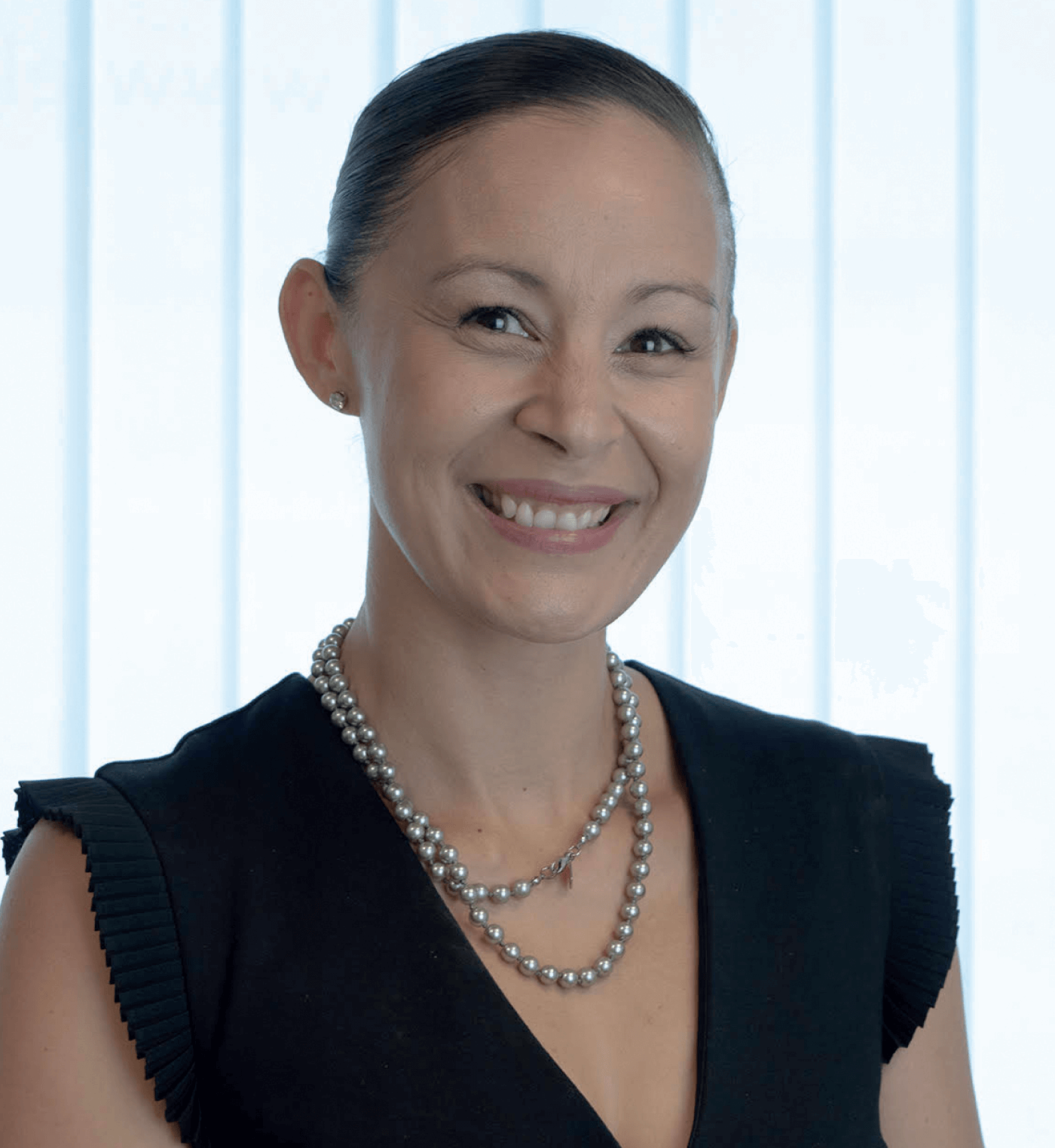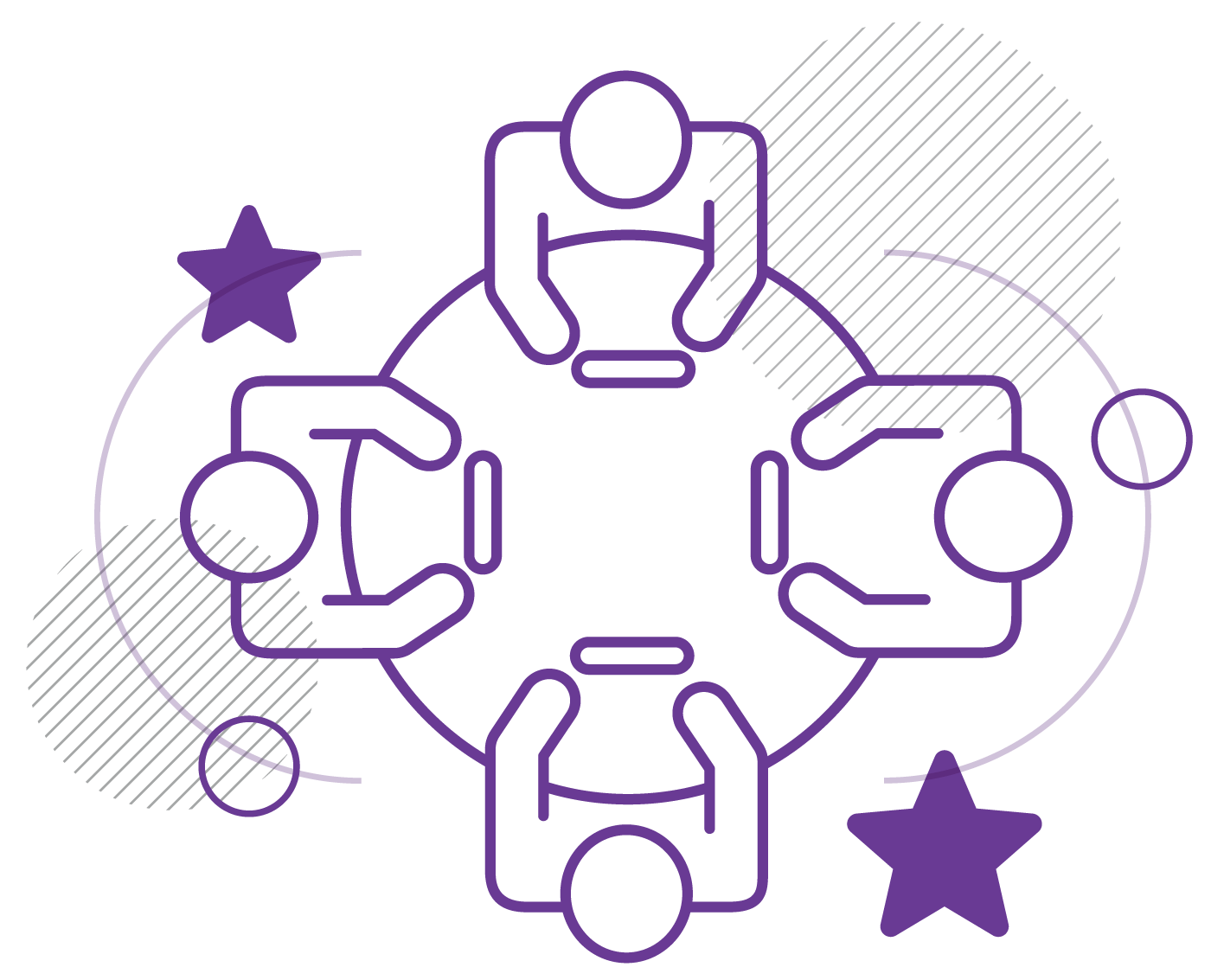
When I first met my husband, I was supporting the work of the US retinal prosthesis project. I’d met Mark Humayun at the University of Southern California Eye Institute in Los Angeles, California, USA, and, thanks to my fundraising experience, I got the opportunity to work with his team as the Industrial Liaison Office for the Engineering Research Center (funded by the US National Science Foundation). Ever since then, I knew I wanted to stay in ophthalmology – a highly innovative and technology-driven field that I find incredibly fascinating to this day.
Farhad and I met at ARVO 2006 and, when we got together, we had to decide where “Team Hafezi” was going to live. As Farhad was already on his way to getting a professorship in Switzerland (and because he would have to begin his residency again if he moved to the US), we decided it would be easier for me to resume my career path in Europe. I was probably around five years too early in my career to be able to transfer it seamlessly to an academic institution in Switzerland. Having learned that, I decided to become better versed in European patent law; during the time I had earned a Master’s degree in intellectual property, I also wrote a few grant proposals – and their success launched my career in Europe.
Breaking barriers
After my move to Switzerland, many of the people I met dismissed me as a “young wife” of Farhad who didn’t have a professional career. It was very difficult, and I was often offended. Frankly, I felt distraught a lot of the time. When Farhad’s colleagues were referred to as doctor, professor, expert, or specialist, I would simply be “Nikki.”
I had a choice: I could continue to get offended and try to fight the attitude – or I could use it to my advantage. I chose the latter. The English language naturally removes a lot of formality, but, in German, how you are addressed is a very big deal, and it can create certain barriers between people. The fact that people immediately call me “Nikki” breaks the formality down and allows me to develop meaningful working relationships more quickly. And when you develop a good relationship and get to know people well, you’re able to work with them more easily and at a faster pace. And if younger residents or students are too intimidated to speak to Farhad about ideas they might have, they come to me; they see me as more approachable, and I’m more than happy to open communication channels, especially on topics, such as keratoconus and cross-linking. All of these factors really helped build the strength of “Team Hafezi.”
Among equals?
As most women will know, being in a position of influence has some specific challenges for our gender. Now that I am a CEO of a privately-held ophthalmic device company – you can read more about that in When the Rubber Hits the Road (1) – I find myself being continually reminded of this fact. A few months ago, I was giving a presentation at a business meeting to a male audience within my age range. After I presented my proposal, there was a question from the audience: “This all sounds great, but how will you have time to do it?” I didn’t really understand, so I asked for clarification. The reply came: “Well, you have three children.” I simply responded that I hadn’t realized my children were part of the discussion, but inside I was offended because this question would have never been asked if I were a man. Such moments bring a striking realization that things are still not equal, despite our best efforts.
Being married to an authority in a particular field, and carrying his name, brings with it even more challenges. Those with a similar experience may know that they have to work extra hard to feel like they deserve a place at the table. When I come to an ophthalmology meeting, those who don’t know me don’t know what to expect; they may wonder if I’m there thanks to my husband’s career or because of my own efforts. Many people also have preconceived notions of me before I start speaking, so I have to work harder to be treated fairly.

Different directions
As I’m not an ophthalmologist, I’ve always felt that I had to defend my education somehow; I do not have a medical degree, but instead have a diverse education and significant applicable work experience (I did business studies, earned a degree in intellectual property and law, a specialization in clinical research and biostatistics, I will complete a PhD from the medical faculty in the near future, and I raised a lot of money in support of research). Fortunately, I feel that people’s perception of what background is useful in ophthalmology has changed over the past several years. For the slightly older generation in the field, the most prestigious way forward has been a medical career culminating in professorship and becoming chief of a department. But the residents I met over the past few years would much rather trade that for a more varied experience; they study law, economics or informatics, and aim to combine this with ophthalmology. Others get qualifications as skiing instructors, enjoy nature, and find the right work-life balance. Those residents are now becoming new leaders in the field – and they see a mixture of different types of experience as a real advantage. The same can be said about the industry – big players are also looking for people with varied backgrounds. Ophthalmology is now such a broad field that it cannot be limited simply to patient care. And that’s why I’m no longer feeling that I need to defend my educational background – and I have learned to use it to my advantage!
From the point of view of my career, I could view being married to Farhad as a strength or as a challenge to overcome. To be honest, I see the moment I met him as a defining moment in my career – Farhad would give me the opportunity to utilize an established name to open doors to ophthalmology, but this advantage came with responsibility. I knew that that I needed to prove myself that I deserve to not only be allowed to enter the room, but to have a reserved seat with my name on it at the table.
References
- N Hafezi, “When the Rubber Hits the Road,” The Ophthalmologist (2021). Available at: https://bit.ly/2X1foE5.
